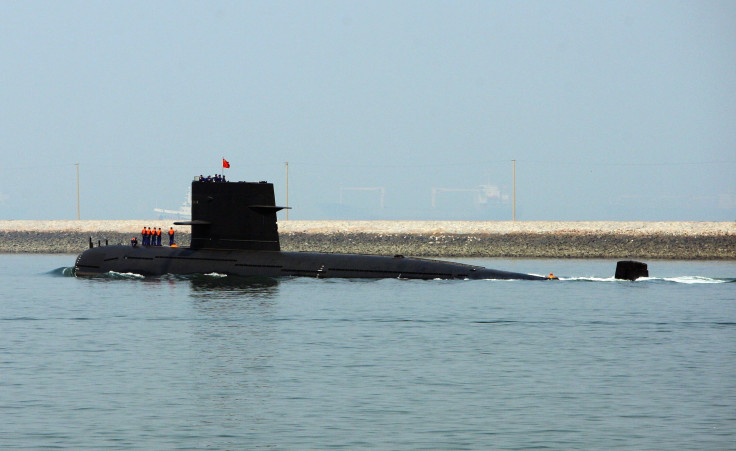China's Nuclear Submarines To Get Artificial Intelligence Systems To Assist Commanders

China is working on the development of artificial intelligence (AI) systems that would enhance the thinking capabilities of commanding officers of nuclear submarines, a senior scientist, who was a part of the project, said.
The scientist, who asked to remain anonymous due to the sensitivity of the project, said by updating the old systems and providing nuclear submarines with AI-augmented brainpower, the Chinese navy would have an advantage in underwater wars. It would also result in the progress of AI technology, he added.
The scientist said, “Though a submarine has enormous power of destruction, its brain is actually quite small.”
Speaking to the South China Morning Post, he said although the operation of a nuclear submarine depends on the efficiency of the crew’s performance, novel challenges posed by the demands of modern warfare could result in new variables that would make the operations even easier to perform.
If the crew, which consisted of around 100 to 300 people, were forced to remain in the submarine underwater for months in gloomy conditions, their stress levels could rise and result in the commanding officer making a bad judgment call, the report said.
The scientist said the AI system consisting of “its own thoughts” would be able to help the commanding officer by reducing the workload and mental pressure. The possibility of AI being used in nuclear submarines is a landmark for China and also for the technology.
Till now, the interpretation and answering of sonar signals underwater in a nuclear submarine was done exclusively by humans who were operating the vessel.
However, via an AI system, which is a convolutional neural network, these kinds of decisions can be made without human help as the technology would be able to acquire knowledge, enhance skills and also work on new strategies, the report stated.
By replicating the operations of a human brain, the AI system would be able to process large amounts of data, which on a nuclear submarine would consist of information coming from the Chinese Navy’s fast increasing observation networks, the submarine’s sensors or from daily crew interactions.
The AI system would be able to assist the commanding officer by analyzing the environment where the battle takes place and give information about how the saline levels of the water would affect the efficiency of the sonar systems.
The system would also be able identify and notify the crew regarding enemy threats more quickly and efficiently than humans. It would assist the commanding officer to predict the risks and advantages of a particular battle plan and could also provide advice on battle techniques that might not come to an officer’s mind.
According to the scientist, the Chinese military demanded the AI system must cater to certain basic demands.
On being asked about the hindrances of the project, the scientist stated, “It is like putting an elephant into a shoebox. … What the military cares most about is not fancy features. What they care most is the thing does not screw up amid the heat of a battle.”
The report stated presently, the Chinese military didn’t have any plans to reduce the number of crew members in a submarine when the AI system would ready for deployment.
"There must be a human hand on every critical post. This is for safety redundancy,” the scientist said.
© Copyright IBTimes 2025. All rights reserved.






















